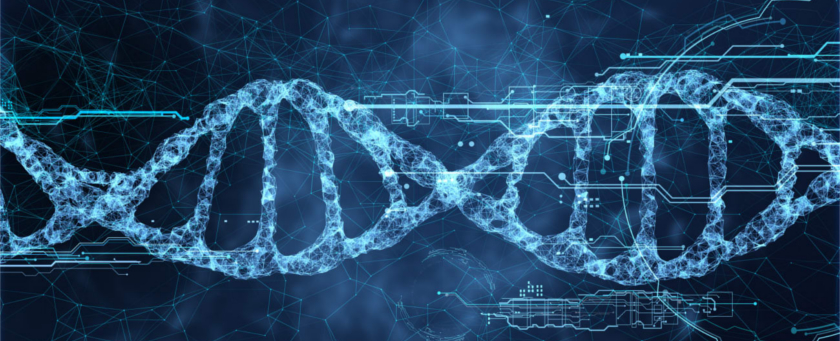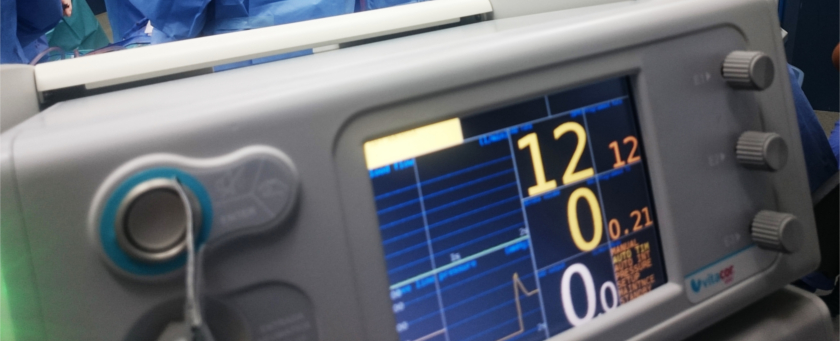Research
The Health NLP Lab at the University of Tübingen and Brown University works on a wide range of problems in text retrieval, understanding and generation. Our goal is to develop data-driven techniques to assist clinical decision making, avoid medical errors and ultimately improve patient health. Some key directions of interest include:
- Clinical Text Mining
- Patient-centric Information Retrieval
- Biomedical Text Understanding and Summarization
- Diagnostic Assistance
- Clinical Event Forecasting
- Data-driven Prognostics
- Precision Medicine
- Human Computation
Featured Projects

Transparency and explainability are crucial properties of machine learning and retrieval systems that shine a light into the often black box of complex non-linear systems. In a user study, we demonstrate how providing such explanations increases searchers' trust in the system and simultaneously lets them find the desired answers to their questions faster.

Biobanks store considerable volumes of read data, often represented in exact data structures. While storage-efficient, these structures are sub-optimal for retrieval purposes. Instead, we develop probabilistic approximate data structures such as Bloom filters and graph sketches to speed up retrieval times by several orders of magnitude.

The flood of concurrently incoming signals generated in intensive care environments goes well beyond the parallel reasoning capacities of the human brain. In order to ensure high quality of care as well as timely decision support, we develop machine learning techniques to forecast the likelihood of intensive care patients to develop post-surgical complications.













